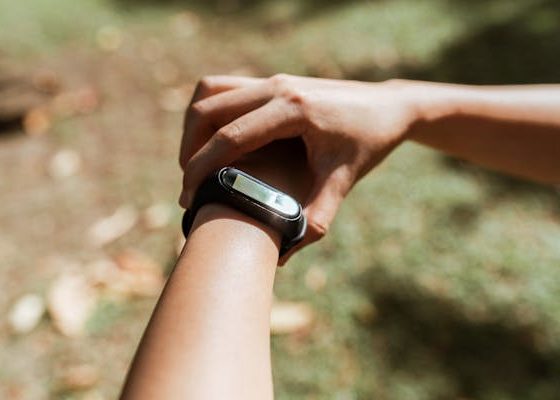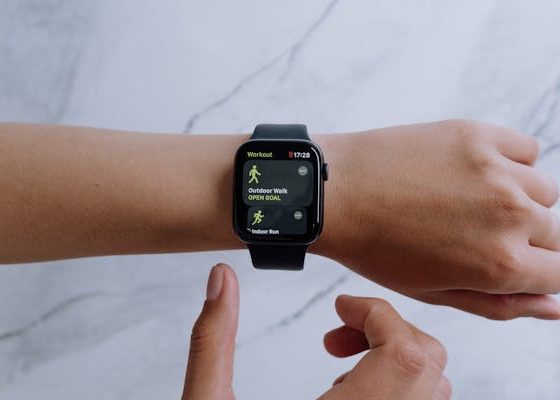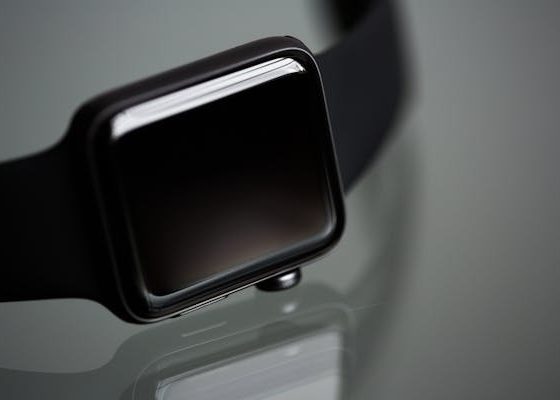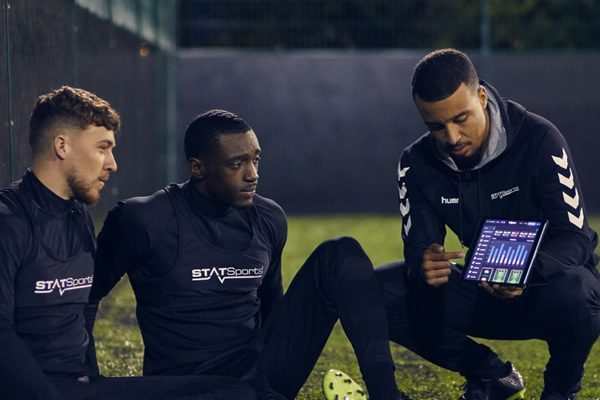
In the ever-evolving realm of sports, technology has emerged as a game-changer. Athletes are harnessing the power of sports wearable technology to optimize their performance and gain a competitive edge. This article delves into the comprehensive world of sports wearable technology, exploring their diverse applications and their potential to revolutionize the way athletes train, compete, and recover.
Introduction
The intersection of technology and sports has never been more profound. Sports wearable technology, once relegated to the fringes, is now an indispensable tool for athletes of all levels. Aspiring for peak performance and aiming to push the boundaries of human capability, athletes are increasingly turning to these devices.
Types of Sports Wearable Technology
Fitness Trackers
Fitness trackers have evolved from step counters to sophisticated gadgets that monitor heart rate, track sleep, and analyze various activities. Brands like Garmin, Fitbit, and Whoop offer a range of options, empowering athletes with real-time data about their body’s performance.
Smartwatches
Smartwatches aren’t just for checking the time. They’ve become invaluable training partners. With features like GPS, workout tracking, and app integration, they provide an all-in-one solution for athletes.
Heart Rate Monitors
Precision is paramount in athletics. Heart rate monitors offer accurate cardiovascular data, helping athletes fine-tune their training and avoid overexertion.
Performance Analysis Wearables

GPS Trackers
GPS trackers are a staple for distance athletes. These wearables not only monitor speed and distance but also enhance route planning. For runners and cyclists, this data is priceless.
Wearable Cameras
Wearable cameras, like the GoPro, enable athletes to record their techniques and analyze their performance. In sports such as skiing or mountain biking, they capture exhilarating moments and reveal areas for improvement.
Biometric Sensors
For keen biomechanics enthusiasts, biometric sensors measure muscle activity, offering insights into technique and efficiency. These devices are a must-have for serious athletes.
Recovery and Health Monitoring
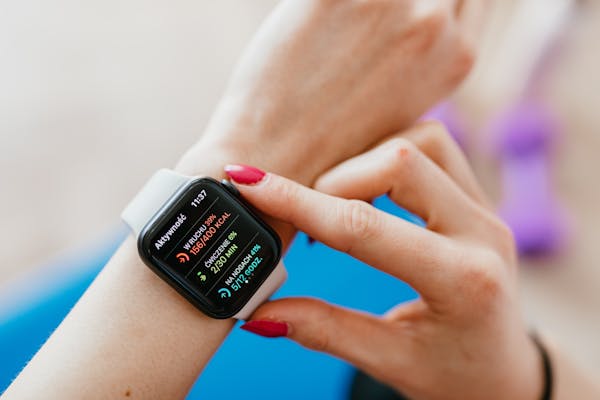
Sleep Trackers
Athletes understand the significance of quality sleep. Wearable sleep trackers offer insights into sleep patterns, aiding athletes in optimizing their rest for enhanced recovery.
Injury Prevention
The relentless pursuit of excellence can lead to injuries. Wearables help monitor stress and strain, enabling timely intervention and rehabilitation, ultimately preventing injuries.
Nutrition Tracking
Fueling the body for peak performance is a science. Wearable nutrition trackers assist athletes in maintaining an optimal diet, aligning their nutrition with their training needs.
Integration with Training Programs
Custom Workouts
Personalization is the key to effective training. Wearable technology allows athletes to design customized workouts, tailoring routines to their individual goals and fitness levels.
Virtual Coaching
Virtual coaches in wearable devices offer guided training sessions. Athletes receive real-time feedback, honing their skills, and correcting form, all while they train.
Data Analysis
Coaches and athletes are now crunching data to gain insights into performance trends. These insights provide a competitive edge and help athletes reach their full potential.
Wearable Technologies in Different Sports
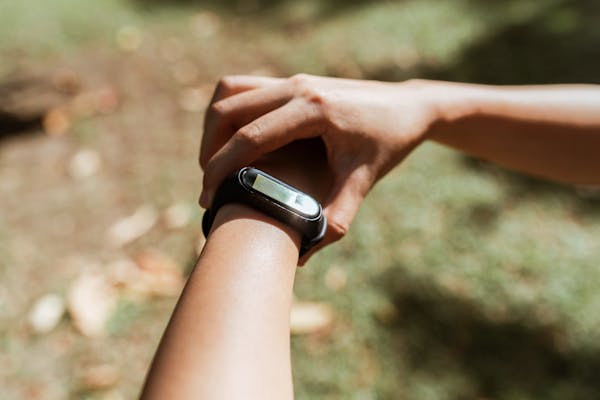
Running and Cycling
Endurance athletes swear by wearables that track heart rate, distance, and pace. With these tools, marathon runners and cyclists train smarter, not harder.
Team Sports
Team sports present unique challenges. Sports wearable technology helps monitor performance in a team environment, ensuring athletes stay in peak condition and minimizing injuries.
Water Sports
Aquatic athletes have specialized wearables that can withstand water exposure. They track swimmers’ progress, analyze strokes, and provide valuable feedback.
The Future of Sports Wearables
Advancements in Technology
The future promises more exciting innovations in sports wearable technology. Expect to see advancements like biometric feedback for athletes and the integration of AI for performance optimization.
Ethical and Privacy Concerns
The growing reliance on wearables raises concerns about data security and athlete privacy. Striking the right balance between technology and fair play is an ongoing challenge.
Conclusion
Sports wearable technology is transforming the world of athletics. From fitness trackers to GPS devices, they’ve become indispensable tools for athletes looking to push their limits. As technology continues to advance, so too will the capabilities of these wearables, providing athletes with more ways to achieve peak performance. In an age where every millisecond counts, these devices offer the competitive edge needed to excel in the world of sports.



